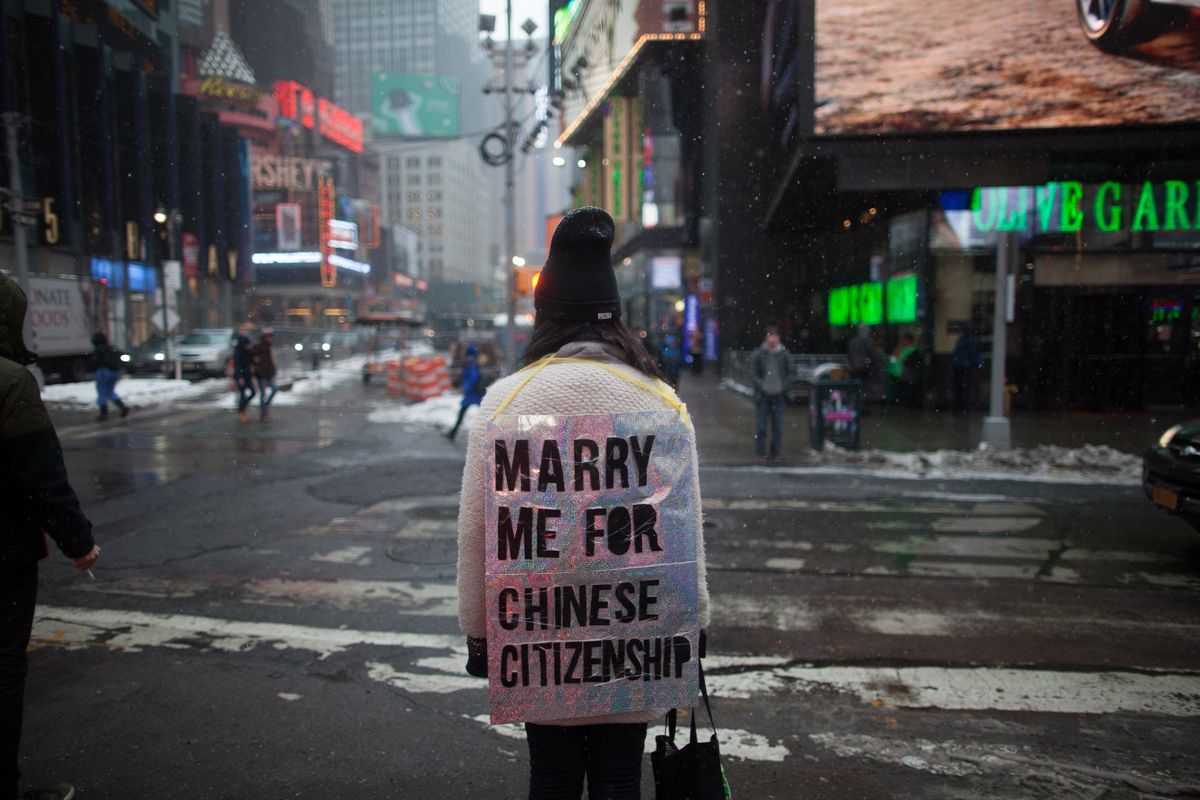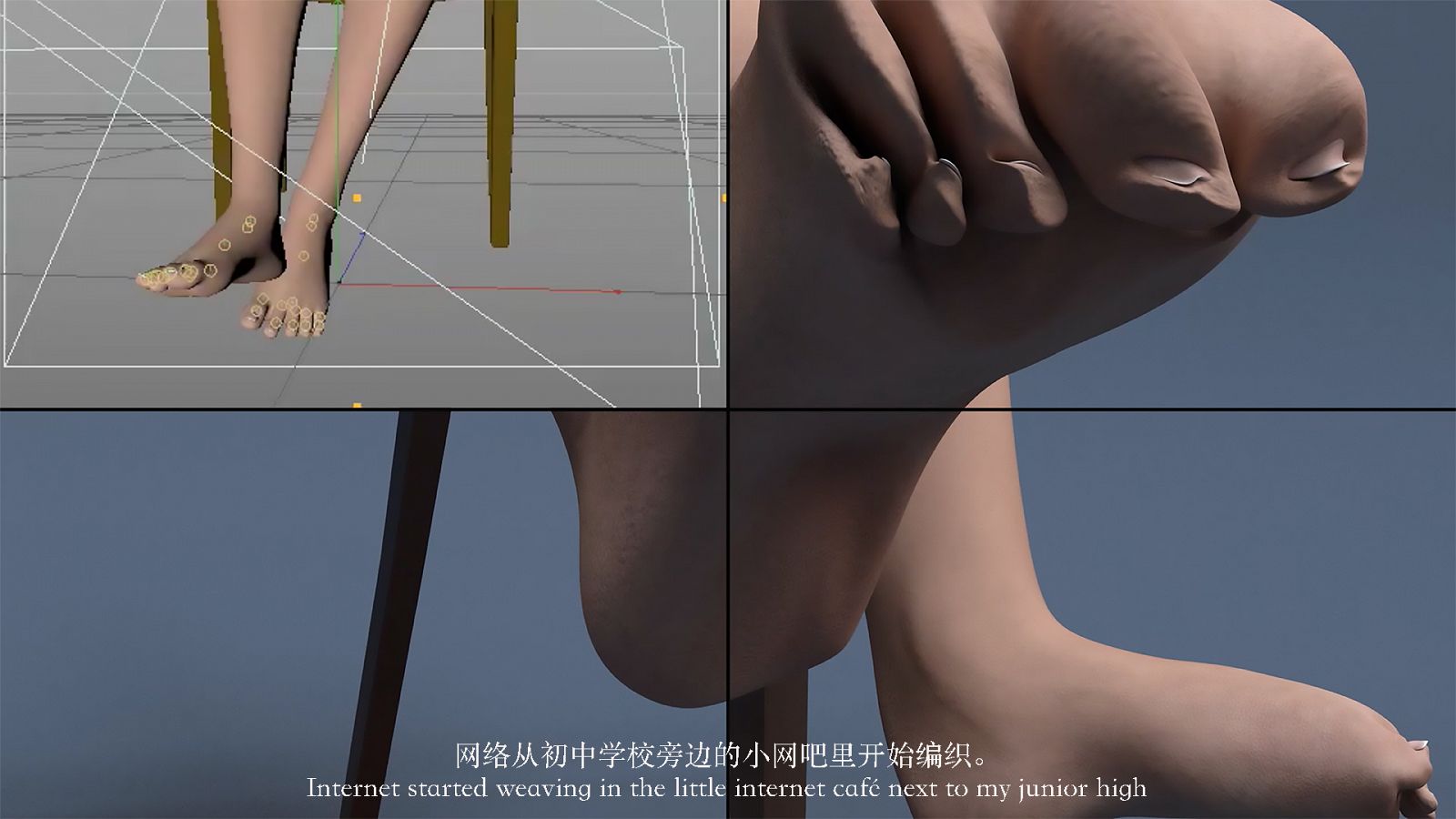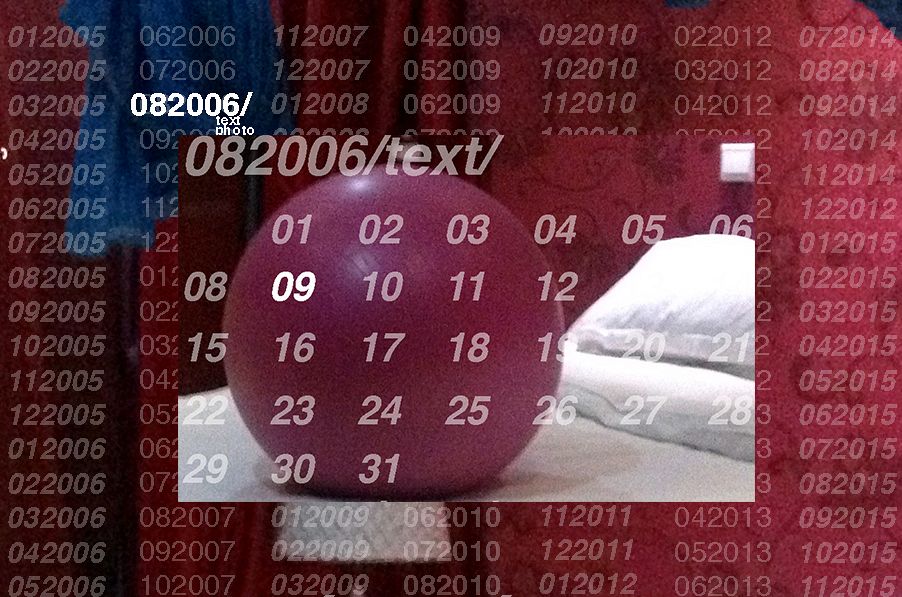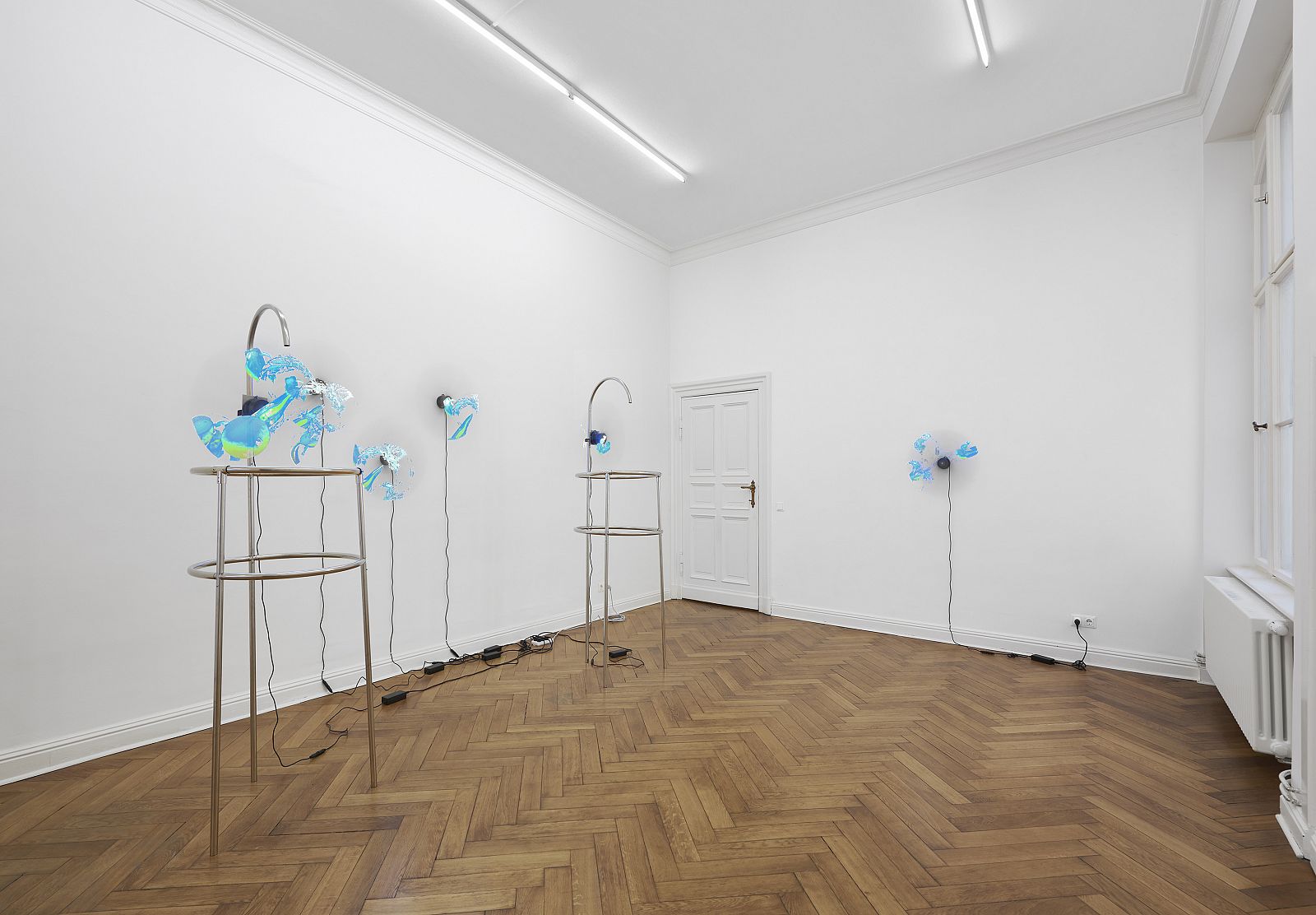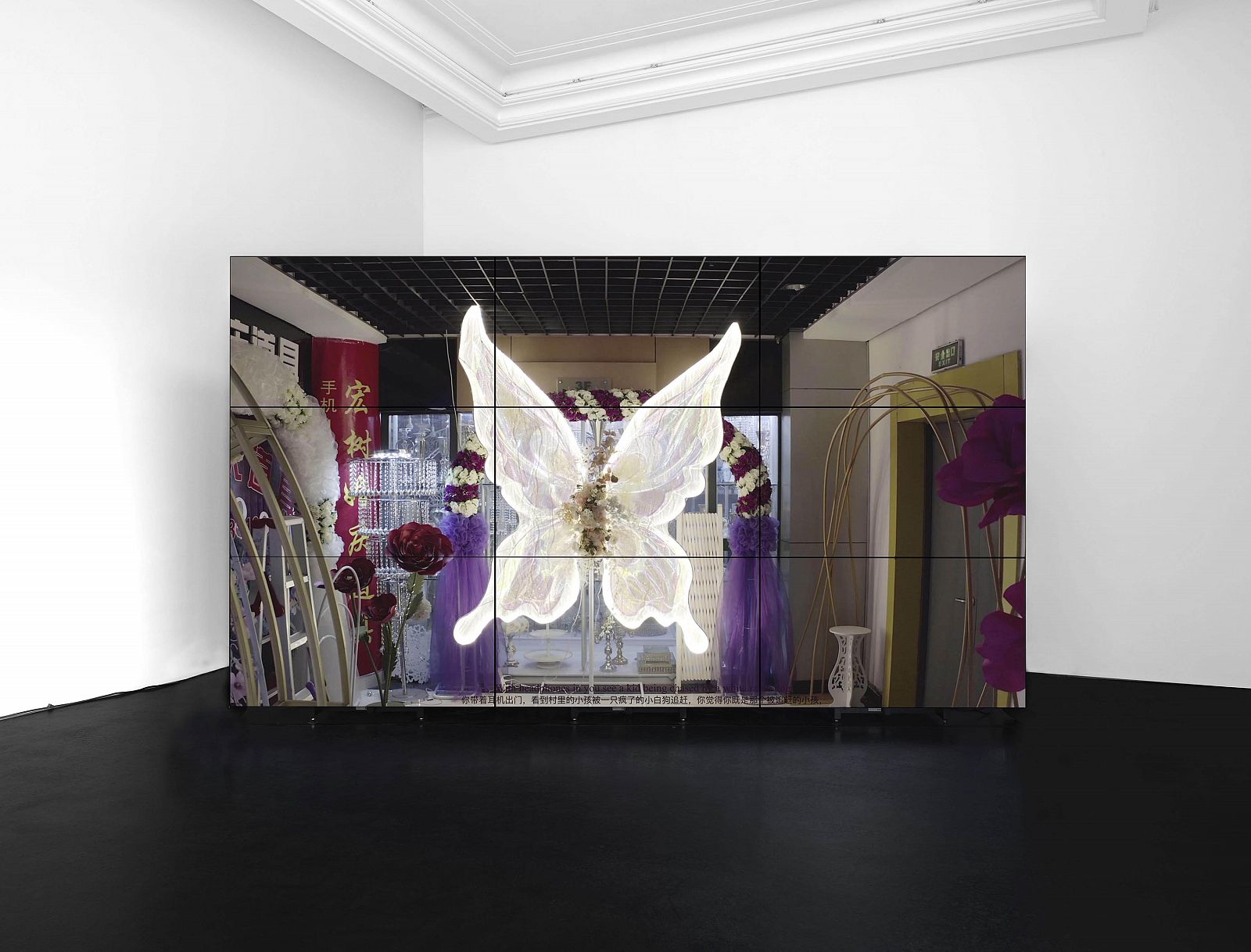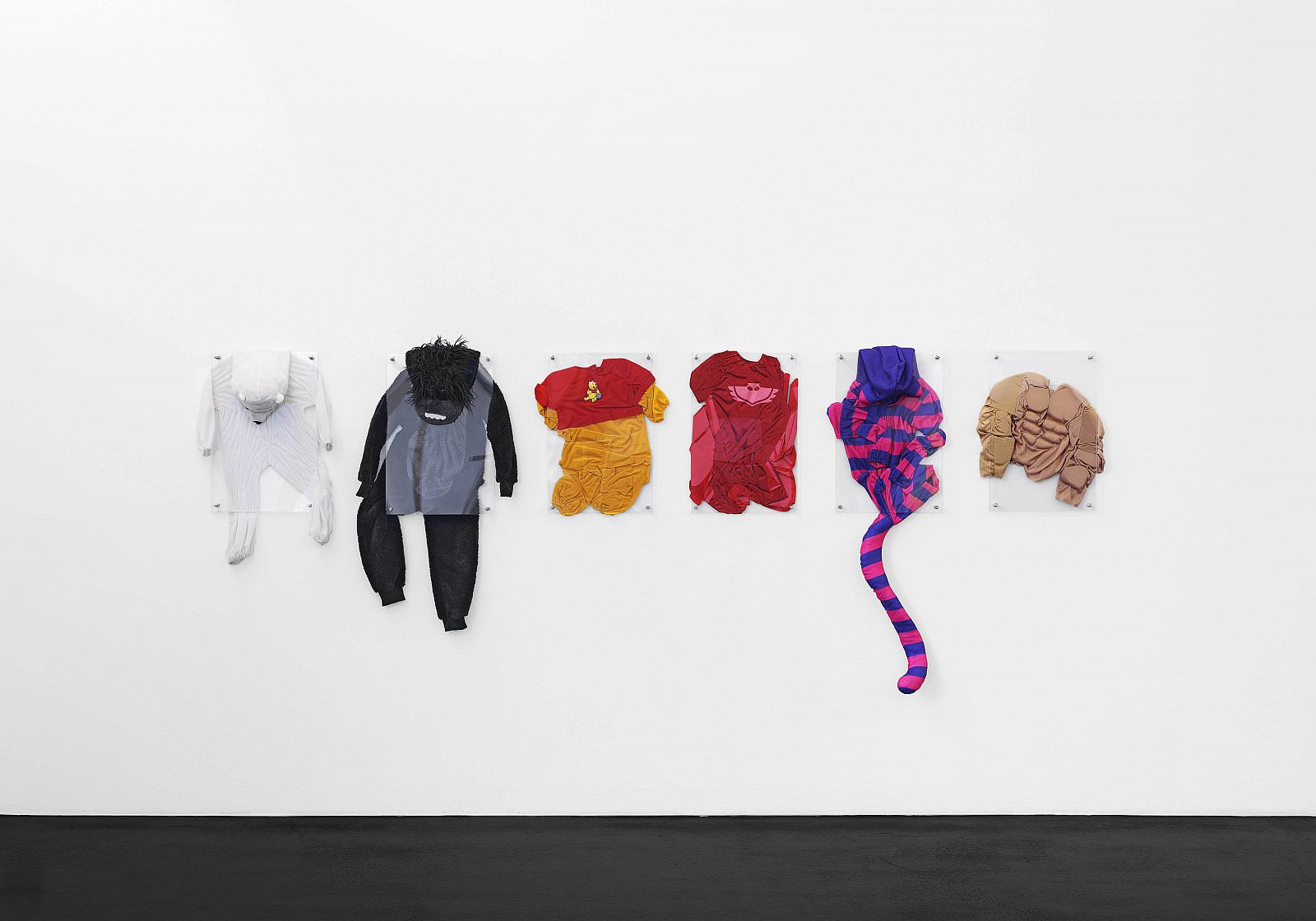In his book Testo Junkie, the philosopher Paul B. Preciado claims that the real engine of capitalism is the pharmacopornographic control of our subjectivities. The products of this economy are serotonin, testosterone, cortisone, antibiotics, alcohol, tobacco, morphine, insulin, cocaine, Viagra, basically any substance that facilitates the production of mental and psychosomatic states of excitement or relaxation or feelings of omnipotence and control. Cybernetic markets, for Preciado, follow the most profitable economic paths, aiming to create immediate satisfaction by selling a product in real time with minimal capital investment. This model, now accessible to any company through the right marketing strategy and algorithmic architecture, was originally established by the porn industry.1Preciado, Paul B. Testo Junkie: Sex, Drugs and Biopolítics (Calpe: Espasa S.A., 2008). 36-37.
Sexuality as productive (and reproductive) force and the sociopolitical dimension of labor and commodity circulation are persistent themes in Shuang Li’s practice. Her work is profoundly informed by her own life experiences and personal narratives, which act as touchstones for her artistic endeavours. For instance, the annual reports of Didi (a Chinese app similar to Uber), which disclose how many times she went to a club or returned home after 4 am, made her reflect on the projection of identities onto digital profiles by big data and the inscribing of commercial artificial intelligence in our everyday activities.
The media landscapes created by Li are inhabited by fictional characters from various historical periods and cultural backgrounds. Through their virtual interactions, Li’s characters represent what Preciado refers to as “orgasmic forces” — the labor forces of the pharmacopornographic age. Li’s characters act as polysexual, omni-connected, technological entities with indefinite libidinal capacity and no gender. They are the substrate of the orgasmic forces Preciado calls “technobodies.”2Ibid. 39. We learn about these characters in Li’s work mainly through their speech, realized in voiceover and subtitles, rather than by their embodied appearance.
Physical bodies are disposable machines in Li’s narratives. Li’s own body is instrumentalized in the early film-performance Marry Me for Chinese Citizenship (2015). Over the course of a six-hour stroll in Times Square, Li offers herself as a potential marriage partner who can secure Chinese citizenship for her spouse. Li turns her national identity into a transactional commodity, highlighting the conundrums around what she describes as “racial prejudices and immigration policies.”
The broken symbolic and political body is depicted in the film T (2017–2018). A key reference in the film alludes to the ancient Chinese tradition of binding young women’s feet to enhance their social status and desirability. The film’s imagery depicts a pair of digitally rendered nude feet. The animated feet appear healthy at first, then deformed and broken. The camera’s angle and approach to digital feet are scopophilic by nature, while examining an ideal of beauty that is considered incomprehensible, if not repulsive, to a contemporary viewer. Today, other kinds of physical aggressions are applied to the (mainly female) body to achieve specific principles of beauty. Plastic surgery, for example, is increasingly widespread and certainly entails pain and trauma.
Female identity is changing, however, not just in terms of its physical expression, but also in the roles women have been allowed to take on in society. Many traditionally female-gendered roles are being replaced by apps such as TaskRabbit or AI personal servants like Amazon’s Alexa or Siri from iOS. These technologies are meant to reply gently and obey the user’s commands — attitudes historically coded as feminine. These new labor forces are often designed with “female” features and create new forms of economies, while perpetuating traditional reductive gender stereotypes. Interestingly, the manipulation of female attributes for commercial purposes transcends AI and digital technologies; it is also used by retailers of analogue commodities. Tracing Li’s personal narrative on gender in gaming culture, T introduces a heterosexual male who works as a sock retailer on the eBay-like platform Taobao. His voice-over concludes the film with a description of how he felt compelled to change his vocal pitch on the phone to pretend to be a woman, as this strategy would increase sales. Thus, at work, his gender identity is nullified.
In If Only the Cloud Knows (2005–2015), the artist’s persona is exposed, albeit in a virtual and deconstructed form. Her personal photographic archive is uploaded to the website commandx.net. Users of this page are allowed to move and delete anything from the single existing copy. The work examines the nexus of memory and agency and reflects on the ways in which labor and cognition are outsourced. People do not have to rely on their own memories anymore because computers and mobile devices can remind us of what we have done and what we need to do. With social media’s overwhelming imperative for users to share every life event, our personal information is “out there” in the world (wide web), all of it managed by private corporations, as well as their customers and users. We often blindly trust a medium that is as ubiquitous as it is fragile. Li’s project manifests this truth and transfers agency to the spectator. Compared with the performance art piece Rhythm 0 (1974) by Marina Abramović, in which Abramović tests and presents the effects of limitless power on her body, Shuang Li does not expose her physical body, but rather her virtual self as manifested in ten years of digital memories.
In more recent works, Li’s projected identity has been the basis for fictional characters and scripts, such as in Intro to Civil War (2019), which was shown as an installation at the gallery Open Forum in Berlin. The work’s narrative features a dialogue between a historical Asian concubine and an AI sex doll about the history and future of sexuality. Inspired by the historical flower boats of Guangdong province, essentially waterborne brothels, the dialogue makes clear that sex and markets were long intertwined in Chinese history and orgasmic forces operated as tools for governance and power. The concubine reflects on how sex has developed over her lifetime; the doll, however, describes her sensorial and cognitive capacities. This voiceover conversation is accompanied by a series of animations generated by holographic fans. The animations depict images of bubbles and tadpoles, which reference the power of sperm, but also the presence of superstition and symbolism: tadpoles were thought to prevent pregnancy when swallowed. The characters and images illustrate a very early form of pharmacopornographic model intermingled with the contemporary imagination.
In the exhibition I Want to Sleep More but by Your Side, shown at Peres Projects in Berlin in 2020, the eponymous film is presented on a wall-sized monitor and two screens hanging from L-shaped metallic grids. The same narrative underpins all the works. The yellow vests’ political dimension is revealed through the link across two distinct contexts. In France, protesters dressed in yellow vests have demanded various forms of political change; meanwhile, in Yiwu, eastern China, these vests are produced at scale along with many other globally consumed products. In my conversation with the artist, Li explained her belief that a high demand for certain items could potentially forecast global events such as the election of Donald Trump in 2016, or simply locations where yellow vest protests will take place. Coined as Yiwu Index,3See Link1 and Link2. this phenomenon is of particular interest to the artist because it reveals a global feedback of commodities and information.
The fictional narrative of I Want to Sleep More but by Your Side centers on a love affair between a young worker at a yellow vest factory and a French mother, bringing the viewer into a virtual landscape of mall interiors and other distorted still images. These images feel like a meditative chorus behind the words, which depict the characters’ shared fantasy of escaping from their respective routines. Through their sexuality, the characters discover the possibility of change. Their story is driven by the forces of capitalistic production that have brought them together. As the boy narrates, “Tomorrow has always been a word that’s just in front of you but will never come, but now it doesn’t feel that far anymore.” Together they are producing new futures, both material and libidinal.
The exhibition also includes the work Skylines and Turnstiles (2019), a series of canvases wrapped in yellow high-visibility vest fabric, and Untitled (2020), a number of children’s costumes individually pressed by Plexiglas sheets and distributed across the gallery’s walls. The children’s costumes reference the ubiquitous mediation of reality through screens and banners in China. As the artist has noted, advertisements for condoms cannot be found in China’s public spaces. Instead, abortion services are advertised as routine, painless procedures. A special focus is given to the lack of physical trauma, ignoring other potential psychological issues that could simply be avoided by using preventive methods. Such a framework comports with Preciado’s theory that the “addicted and sexual body is the main resource of post-Fordist capitalism,” and that the ultimate commodity of the pharmacopornographic age is the production of the self.4Preciado, Testo Junkie, 37.
Shuang Li is ultimately interested in the contemporary production of the subjectivities triggered by global markets and hypermediated realities and the erotics that attend them. Her work often departs from the examination of her own body, soul, desires, and affections. In her artistic production, the historical and the status quo, as well as critical theory, transmute into stories that freely fluctuate between different temporalities and geopolitical contexts. Li tackles the existential unrest prevalent in today’s world, as well as the potential for analysis and reflection about the self as the ultimate product of consumerism. She invites the viewer to transcend their role of mere object and explore an existence beyond their present limits of geography, sexuality, or identity.
Gabriela Acha is an independent writer based in Berlin. She has contributed to publications such as Mousse, frieze, Kaleidoscope, among others. She launched the publication Agathe Bauer together with Romy Kießling and Maru Mushtrieva in December 2019 (published by TLTRPreß Berlin).
